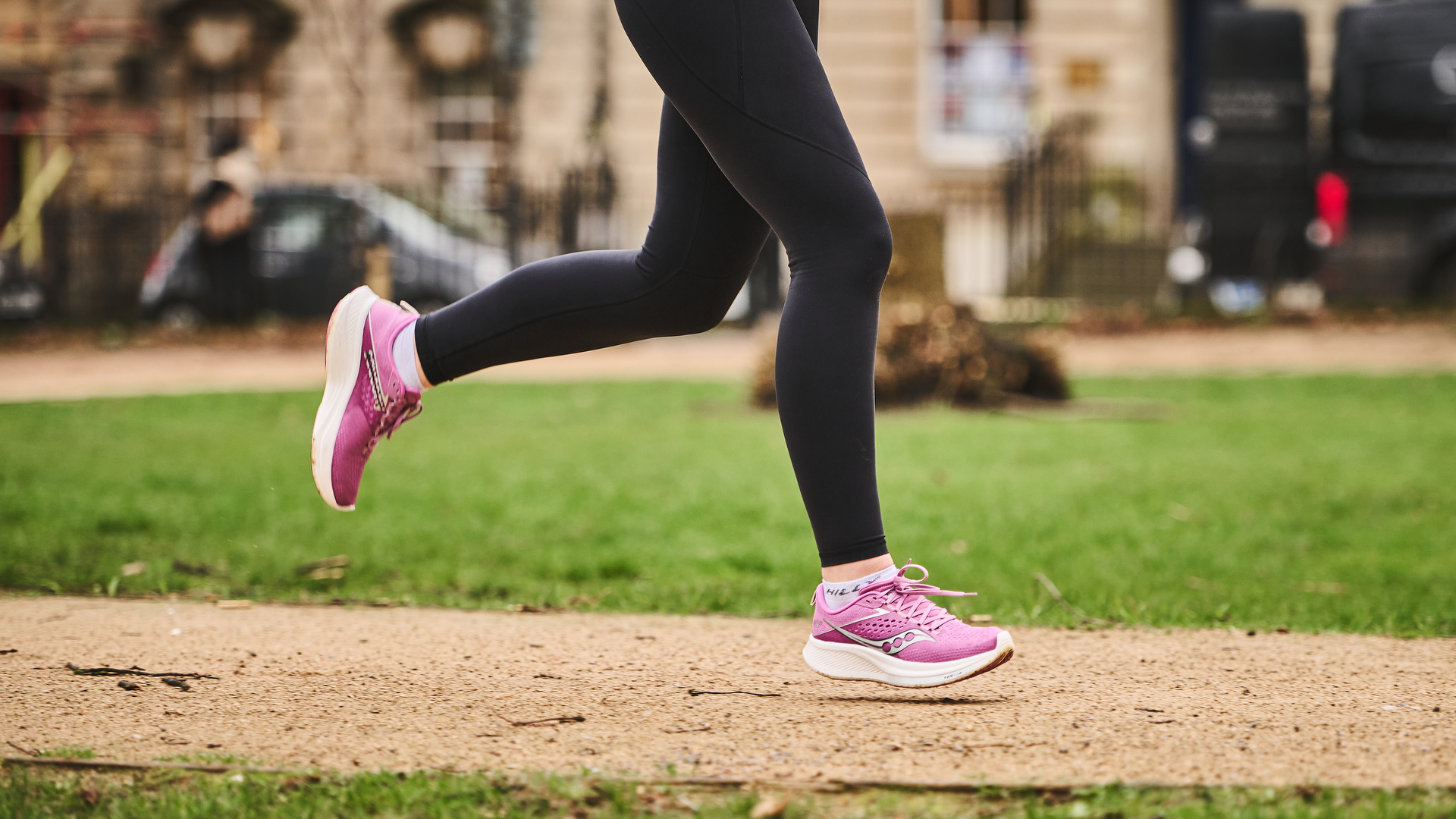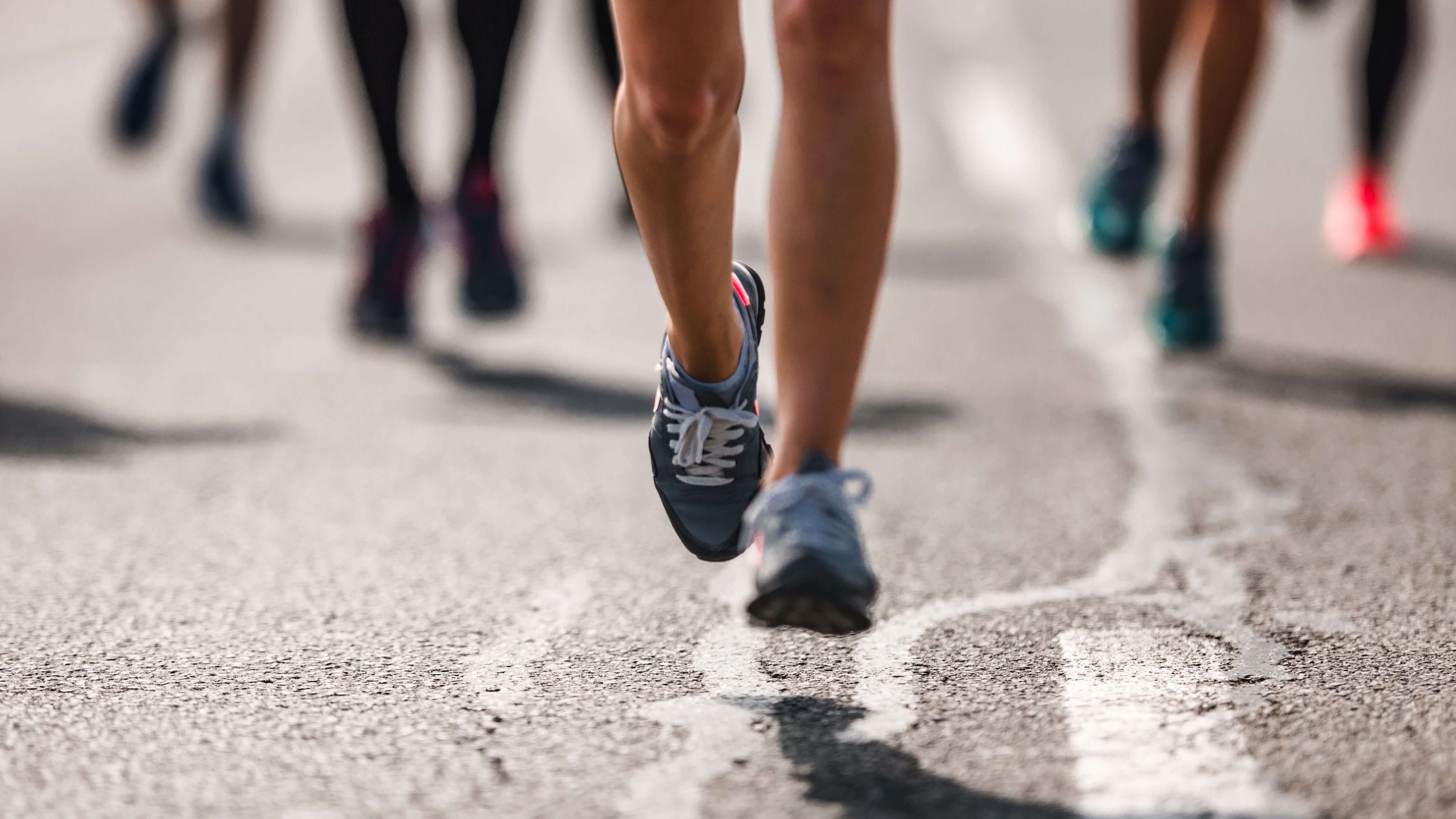New study shows female runners benefit more from "techno-doping" super shoes then men
The observational study looked at the top 100 running performances over a 12 year period

All the latest inspiration, tips and guides to help you plan your next Advnture!
You are now subscribed
Your newsletter sign-up was successful
When you think of running tech to improve your performance, you probably think about GPS watches, but with running shoes getting more high-tech by the day, evidence is growing that they may also be performance enhancers. A newly published study that examined 12 years' worth of running performance data suggests that women may benefit more from so-called super shoes than men.
The observational study, which was published in the journal Sports Medicine, also found that the benefits of super shoes increase with distance. The authors of the study looked at the top 100 track and road running performances from 100 meter sprint to marathon distance from 2010 through 2022. Their aim was to see whether advanced footwear technology – such as lightweight road running shoes constructed with carbon plates in the midsoles – really does help your running economy, a topic they note has created controversy in the running world.
"Advanced footwear technologies (AFTs) have been the subject of intense debate in the sporting world in recent years. Critics see them as techno-doping that artifcially enhances athletes’ performance."

Marking 2016 as the year that carbon plate shoes began to be widely used in road running, they conclude that at the sprint level, gains were the smallest but as the distances increased, so did the advantages of wearing super shoes, and at every distance, women saw more benefit than men. In long-distance events, which they define as 5000 meters to marathon, female runners saw improvements in performance between 2.2 and 3.5 percent compared to just 0.7 to 1.4 for males.
The authors were not able to establish causation or explain why female runners benefit more than men, but put forward several working theories including biomechanics, body mass and gender differences in shoe design. They also note that differences in training and recovery methods can't be ruled out as possible explanations citing preliminary evidence that super shoes "may reduce muscle damage and neuromuscular fatigue after intense races or training sessions."
All the latest inspiration, tips and guides to help you plan your next Advnture!
Julia Clarke is a staff writer for Advnture.com and the author of the book Restorative Yoga for Beginners. She loves to explore mountains on foot, bike, skis and belay and then recover on the the yoga mat. Julia graduated with a degree in journalism in 2004 and spent eight years working as a radio presenter in Kansas City, Vermont, Boston and New York City before discovering the joys of the Rocky Mountains. She then detoured west to Colorado and enjoyed 11 years teaching yoga in Vail before returning to her hometown of Glasgow, Scotland in 2020 to focus on family and writing.

